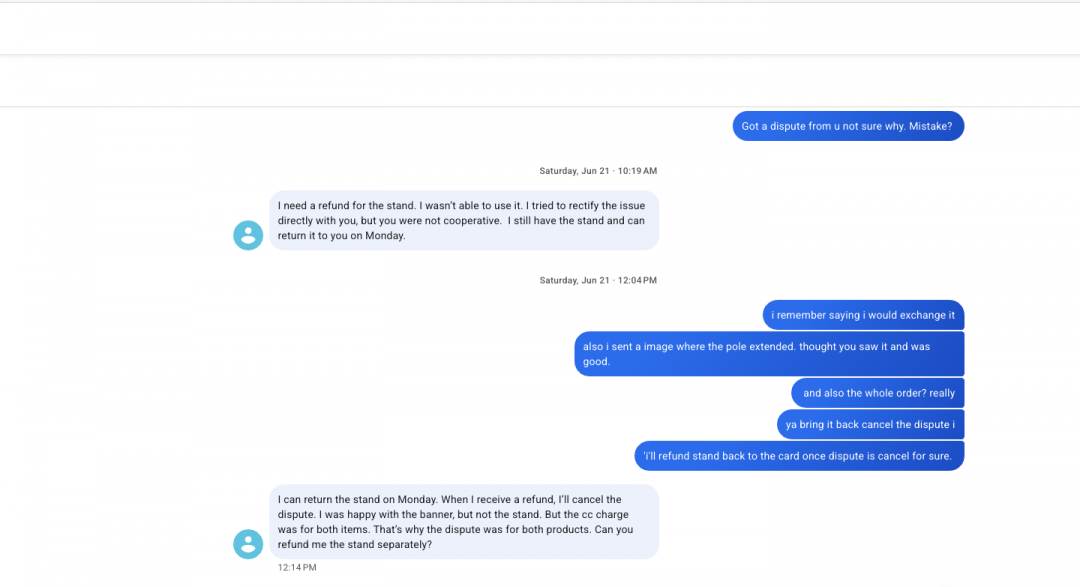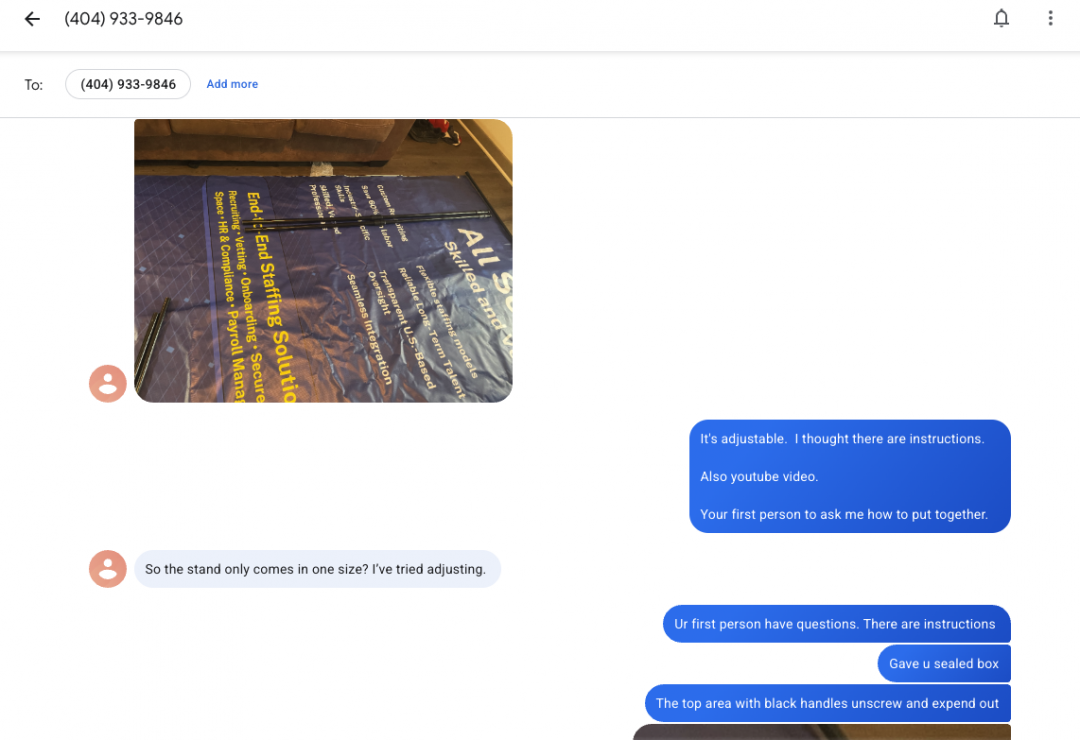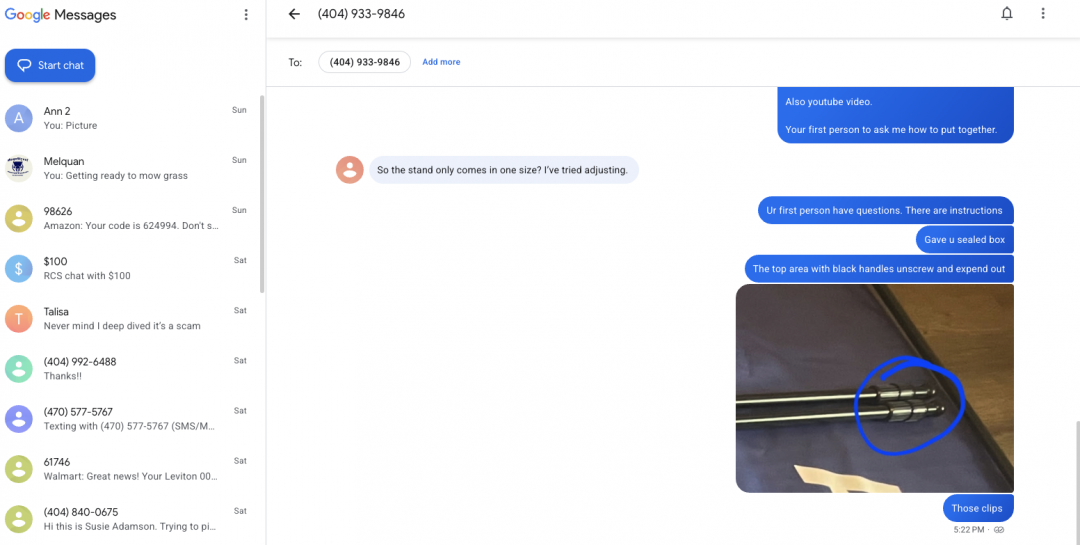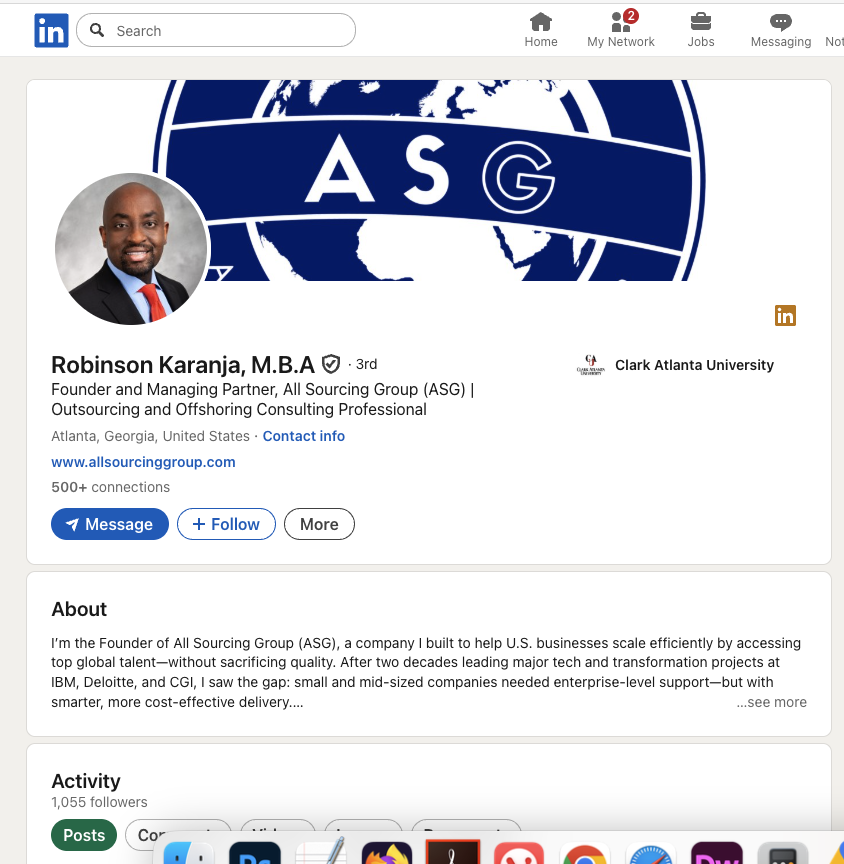My Experience with All Sourcing Group & Robinson Karanja MBA



Introduction
I recently had what began as a promising collaboration with someone identifying himself as Robinson Karanja at All Sourcing Group. After engaging in design and formatting for a banner, Karanja paid $410 for the banner and stand. Although Karanja initially praised the work and assured everything was on track, things quickly went downhill. The card payment was disputed—citing an alleged misunderstanding: that the banner wasn’t what “Robert Karanja” expected. He said he didnt know how the stand worked, but there are instruction
About All Sourcing Group
According to their website, All Sourcing Group (ASG) markets itself as a Kenya-based outsourcing firm, offering services like IT outsourcing, call center support, business process outsourcing, payroll, and accounting services aimed at helping U.S. companies reduce labor costs by up to 70%. All Sourcing Group
However, beyond the website, publicly accessible information is scarce. Attempts to access LinkedIn profiles—for both Robinson Karanja and the company’s official page—encountered blocked or inaccessible pages. N/A+1 Without verifiable LinkedIn listings or other clear business records, confirming credentials becomes difficult.
The Interaction That Went Sour
- Draft & Payment: After collaborating on the design and formatting of a banner,
- Apparent Satisfaction: Robinson indicated that I “did a good job,” signaling approval and satisfaction.
- Payment Dispute: Shortly after payment, the card was disputed by Karanja, claiming the banner wasn’t what “Robert Karanja” expected—seemingly confusing identities.
- No Resolution: No revised deliverables, clarifications, or a refund followed—even though the project seemed approved initially.
What Raises Red Flags
- Name Confusion: The discrepancy between Robinson and Robert Karanja feels suspicious—was this a genuine mistake, or a tactic to invalidate the order?
- Lack of Online Presence: A business operating cross-border and requesting upfront payment for creative work, yet lacking publicly visible profiles or endorsements, is cause for caution.
- Unclear Business Validity: While the website exists, the inability to verify the people behind the entities raises concerns about accountability and transparency.
Lessons & Takeaways
If this resonates with anyone—or you’re considering engaging with similarly opaque partners—here are a few practical tips:
- Verify Who You’re Working With: Check LinkedIn, business registrations, or even personal portfolios before payments.
- Define Clear Deliverables: Agree on milestones and finalize what constitutes “completion” or satisfaction before making full payments.
- Protect Payments: Use platforms that allow hold-and-release or escrow functionality, especially for first-time deals.
- Insist on Written Agreements: Even a simple contract specifying identity, deliverables, timelines, and approval standards can safeguard both parties.
- Document Everything: Save email correspondence, drafts, usernames, phone logs—especially if a dispute arises.
Conclusion
My experience turned sour despite initial approval, likely compounded by name confusion and limited verifiable credentials. It serves as a cautionary tale: even small creative jobs can become messy without transparent partners and clear agreements.
By sharing this, I hope to encourage others to stay vigilant—and help peers avoid similar pitfalls. Always verify, define, and protect your creative work.







